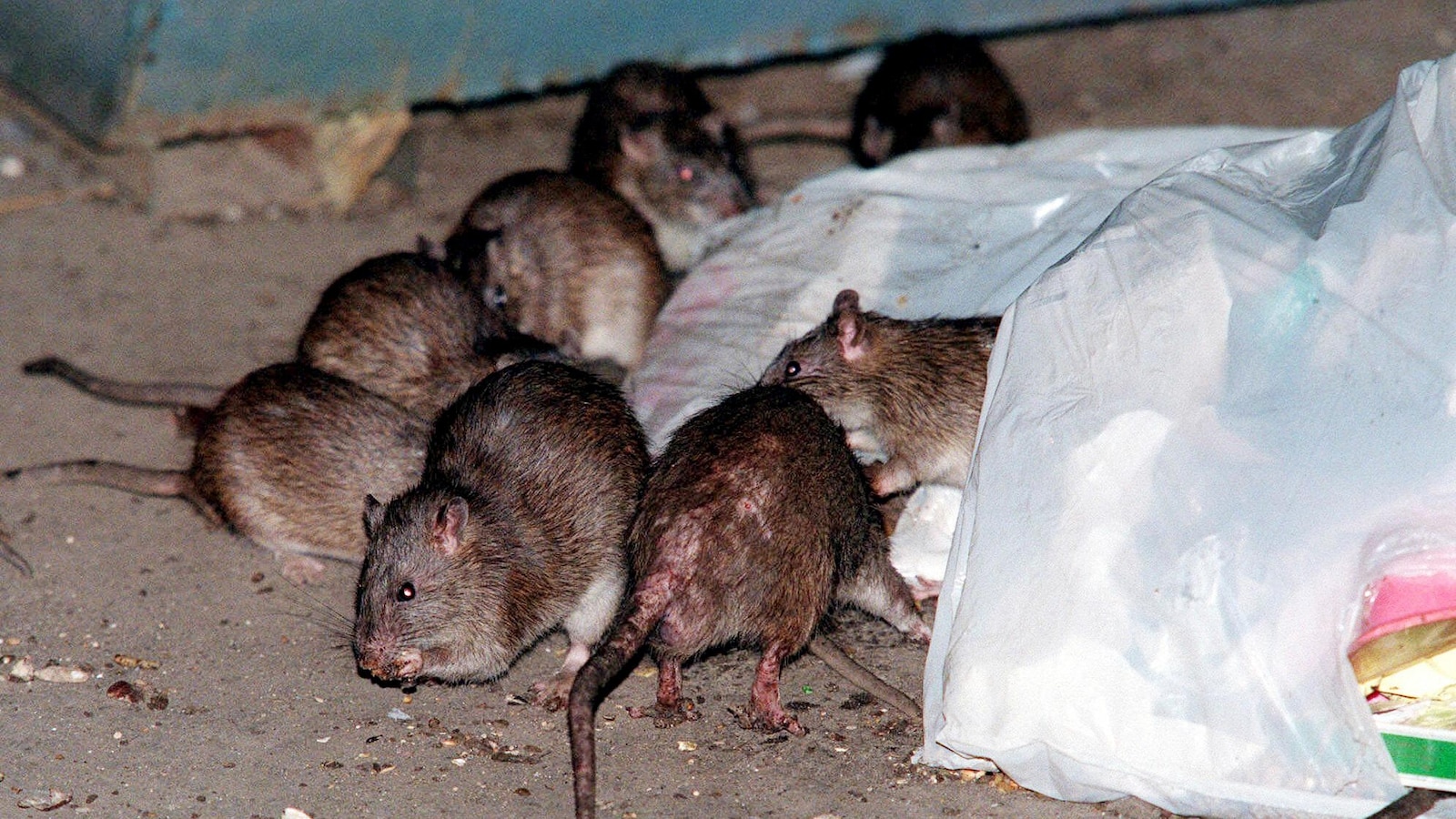
New York lawmakers are proposing rules to humanely drive down the population of rats and other rodents, eyeing contraception and a ban on glue traps as alternatives to poison or a slow, brutal death.
Politicians have long come up with creative ways to battle the rodents, but some lawmakers are now proposing city and statewide measures to do more.
In New York City, the idea to distribute rat contraceptives got fresh attention in city government Thursday following the death of an escaped zoo owl, known as Flaco, who was found dead with rat poison in his system.
City Council Member Shaun Abreu proposed a city ordinance Thursday that would establish a pilot program for controlling the millions of rats lurking in subway stations and empty lots by using birth control instead of lethal chemicals. Abreu, chair of the Committee on Sanitation and Solid Waste Management, said the contraceptives also are more ethical and humane than other methods.
The contraceptive, called ContraPest, is contained in salty, fatty pellets that are scattered in rat-infested areas as bait. It works by targeting ovarian function in female rats and disrupting sperm cell production in males, The New York Times reported.
New York exterminators currently kill rats using snap and glue traps, poisons that make them bleed internally, and carbon monoxide gas that can suffocate them in burrows. Some hobbyists have even trained their dogs to hunt them.
Rashad Edwards, a film and television actor who runs pest management company Scurry Inc. in New York City with his wife, said the best method he has found when dealing with rodents is carbon monoxide.
He tries to use the most humane method possible, and carbon monoxide euthanizes the rats slowly, putting them to sleep and killing them. Edwards avoids using rat poison whenever possible because it is dangerous and torturous to the rodents, he said.
Some lawmakers in Albany are considering a statewide ban on glue boards under a bill moving through the Legislature. The traps, usually made from a slab of cardboard or plastic coated in a sticky material, can also ensnare small animals that land on its surface.
Edwards opposes a ban on sticky traps, because he uses them on other pests, such as ants, to reduce overall pesticide use. When ants get into a house, he uses sticky traps to figure out where they’re most often passing by. It helps him narrow zones of pesticide use “so that you don’t go spray the entire place.”
“This is not a problem we can kill our way out of,” said Jakob Shaw, a special project manager for People for the Ethical Treatment of Animals. “It’s time to embrace these more common sense and humane methods.”
Two cities in California have passed bans on glue traps in recent years. On the federal level, a bill currently in committee would ban the traps nationwide.
“It ends a really inhumane practice of managing rat populations,” said Jabari Brisport, the New York state senator who represents part of Brooklyn and sponsored the bill proposing the new guidelines. “There are more effective and more humane ways to deal with rats.”
Every generation of New Yorkers has struggled to control rat populations. Mayor Eric Adams hired a “rat czar” last year tasked with battling the detested rodents. Last month, New York City reduced the amount of food served up to rats by mandating all businesses to put trash out in boxes.
While the war on rats has no end in sight, the exterminator Edwards said we can learn a lot from their resilience. The rodents, he said, can never be eradicated, only managed.
“They’re very smart, and they’re very wise,” he said. “It’s very inspiring but just — not in my house.”







